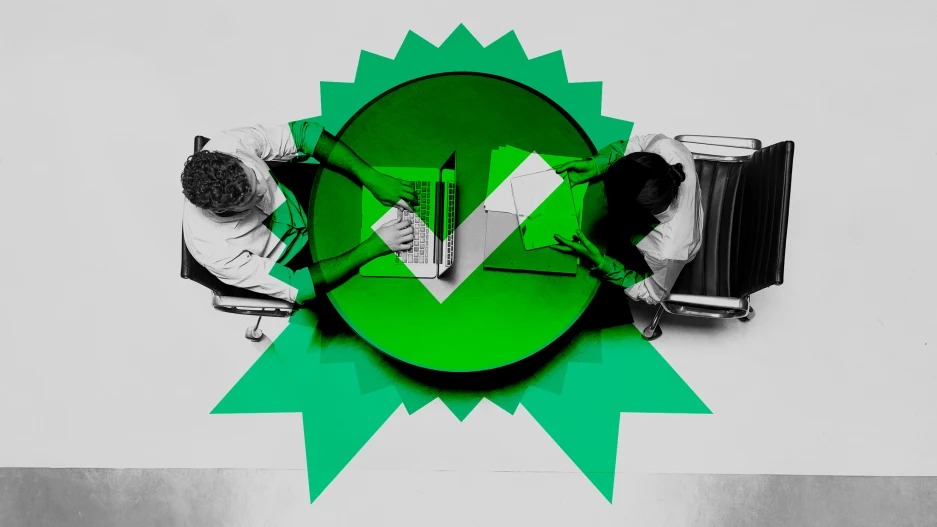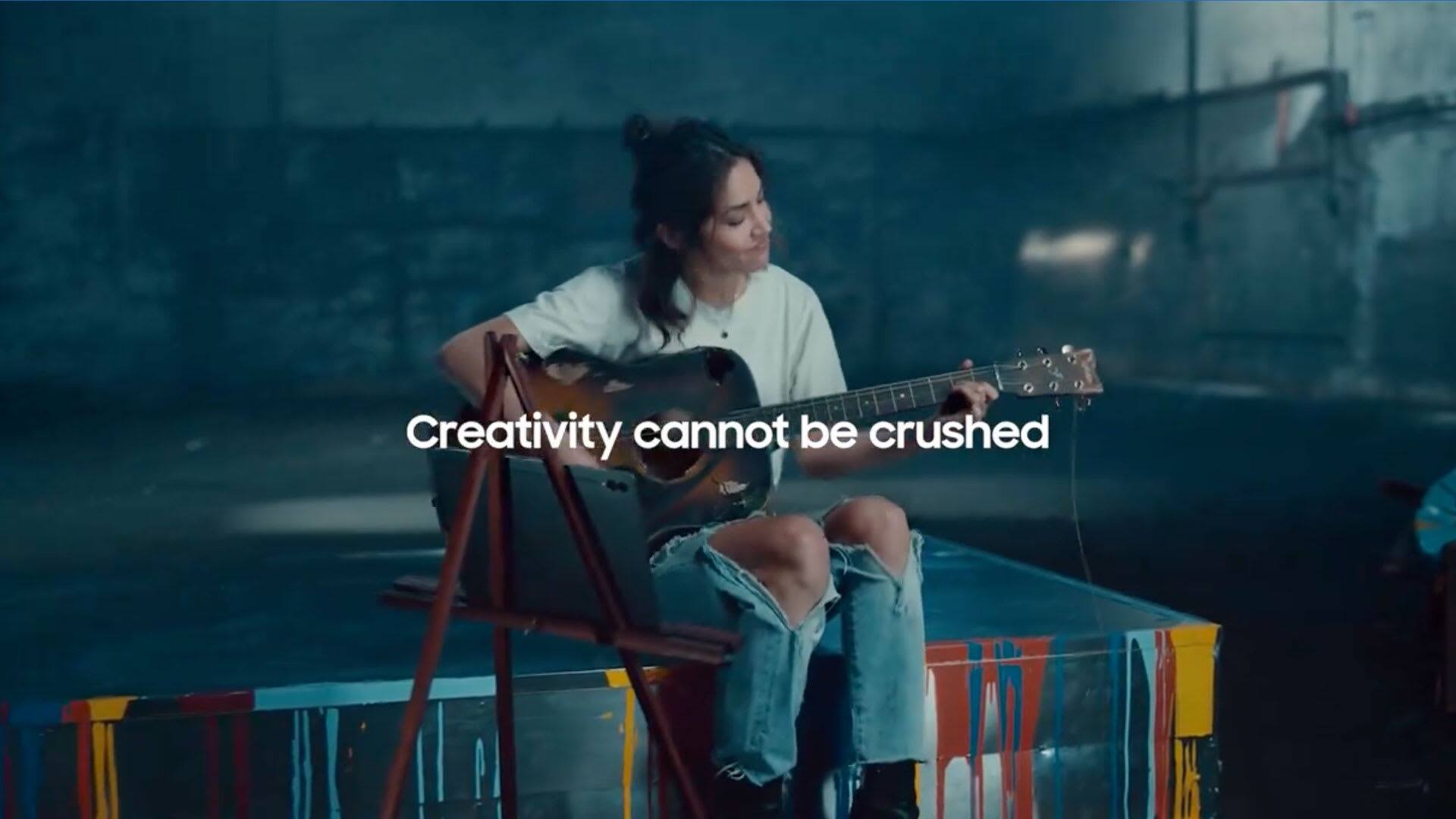- | 9:00 am
How cultural exchange could prove key to making people more careful on social media
People dig deeper to fact-check social media posts when paired with someone who doesn’t share their perspective, according to new research.

People fact-checked social media posts more carefully and were more willing to revise their initial beliefs when they were paired with someone from a different cultural background than their own, according to a study my collaborators Michael Baker and Françoise Détienne and I recently published in Frontiers in Psychology.
If you’re French, you’re less likely than an English person to believe a tweet that claims Britain produces more varieties of cheese than France. And if you’re English, you’re more likely than a French person to believe a tweet that claims only 43% of French people shower daily.
More intriguingly, when pairs of English and French people fact-checked such tweets together, how they did so and the extent to which they revised their initial beliefs depended on whether they were “matched” or “mismatched” for cultural identity. We found French-French and English-English pairs focused on confirming evidence and stuck to their initial beliefs, whereas English-French pairs engaged in deeper searches and revised their beliefs in line with evidence.
WHY IT MATTERS
Misinformation on social media is one of the greatest challenges of our time. It contributes to political polarization, affects people’s voting, vaccination and recycling behavior, and is often believed long after it’s been corrected.
In recent weeks, misinformation about the Israel-Hamas war has reached unprecedented levels and is fanning ethnic, religious, and political tensions worldwide—including on U.S. campuses.
To address the misinformation challenge, researchers need to understand better how people process online information. In addition to contributing to such understanding, our findings suggest that bringing together people from opposing sides to fact-check contentious social media posts might improve their media literacy and their ability to engage in civil discourse.
Bringing together people from opposing sides of a conflict to jointly fact-check social media posts isn’t likely to be easy. In times like these, it’s hard even to get them into the same room to speak directly to each other rather than hurling slogans—and worse—at each other. Nevertheless, because publicly funded educational institutions are committed to promoting informed debate and preparing the nation’s future citizens, my colleagues and I believe they remain some of the most promising places to try this approach.
HOW WE DO OUR WORK
Much misinformation research has focused on who believes it and how it spreads. Few studies have examined the actual processes by which people assess what they read online.
Our approach to studying people’s deliberations about online information is to create experimental situations in which such deliberations are natural and observable. In this study, we designed a novel research setup based on the fact that sharing and discussing social media posts with others is an everyday activity.
This article is republished from The Conversation under a Creative Commons license. Read the original article.







































